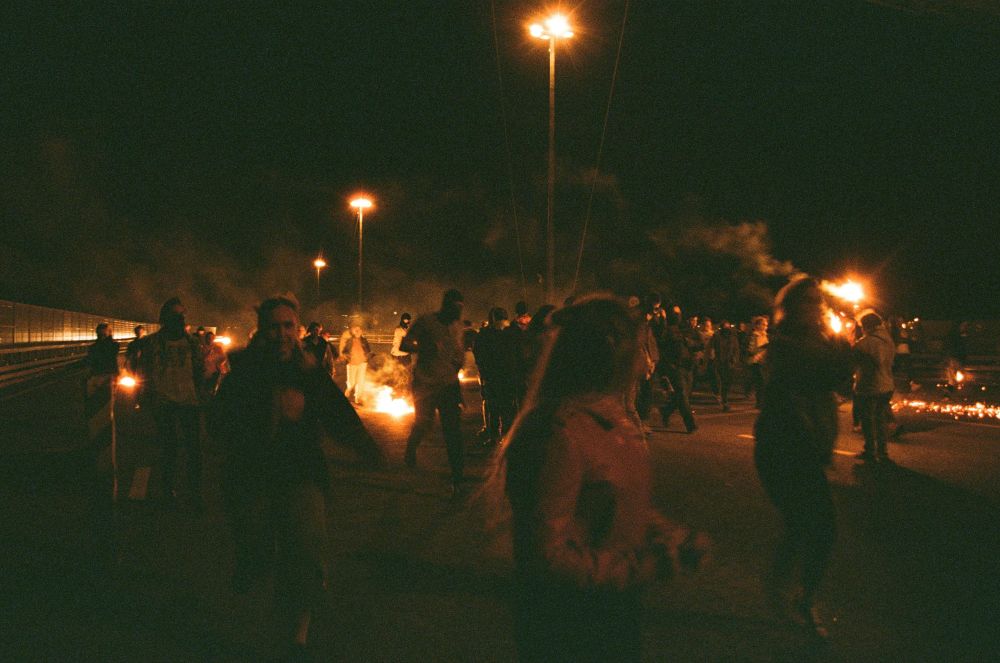The officer’s widow receives losses after the jury suffered a lasting damage to the jury.
A jury in Washington, DC has decided that the widow and the state of a police officer who killed her after the January 6 capital attack should receive 000 500,000. The officer, Jeffrey Smith, was part of the police’s response during the riot. Nine days later, he died of suicide. The jury found that a man involved in the attack, David Walls-Kafman, attacked Smith during the chaos. Jorus ruled that Wallas Kafman must pay $ 380,000 punishment and pay the $ 60,000 officer’s widow, Erin Smith. After the attack, he received an additional $ 60,000 to Officer Smith’s property for pain and suffering.
Following the verdict, a civil case was heard in which it was focused on whether the actions of Wals Kaufman had helped the officer’s upset. Footage of the officer’s own body camera played a key role. It showed the interaction between the two men during the riots. However, the court did not allow the false death claim to proceed. The judge had earlier ruled that there was not enough evidence to show whether the attack directly caused mental injury or caused the officer’s death. The decision meant that the jury was limited to considering the attacks and only the loss of suffering.
Walls Kafman has denied any wrongdoing. He said he never intended to target officer Smith and claimed that after the day of the officer’s injuries, when a different mischief allegedly hit him with a pole. He called the jury’s decision ridiculous and maintained that he had no part in harming the officer. Despite their claims, the jury decided otherwise, believing that its actions during the riots helped the officer’s physical and emotional trauma.

Officer Smith was with the Metropolitan Police Department and responded to a capital attack with many other officers. Her widow has worked to keep those involved accountable. Her lawyers said they were grateful for the decision, even if it did not include any wrongdoing of death. He said the case has still provided some justice for her husband’s suffering.
Judge, Anna Raees, urged both sides to consider ending the matter with a settlement rather than going through the appeal. He told them that wrapping things could give some comfort and that time and money coming with more legal battles could be avoided. He emphasized that moving forward could help join everyone.
The case has pointed out the emotional tool for the law enforcement officers in the capital attack. In the aftermath of the riots, several officers reported symptoms of trauma, fatigue and mental distress. At least four officers who later responded on January 6 died of suicide. As a result of these tragedies, there has been a public conversation about how much respondents first get after such a severe situation.
This decision is one of the few civil cases that directly connect the individual rioters with the suffering of the officers. Although criminal cases are going on for many participants, this civil case is focused on personal loss. The decision does not completely accuse the officer’s death, but it acknowledges that the encounter during the riot has caused real harm.
Although the money given will never replace officer Smith’s life, his family hopes he sends a message about the lasting loss of the day. The case suggests that the effects of violence can increase for a long time when it is in the moment. For those who are left, the search for justice is underway, even the big story of that day comes out.
Sources:
The jury ordered the man to pay 500k Pay to attack the police officer who killed himself after the capital riots
On January 6, the man ordered DC Officer’s family to pay 000 500,000
